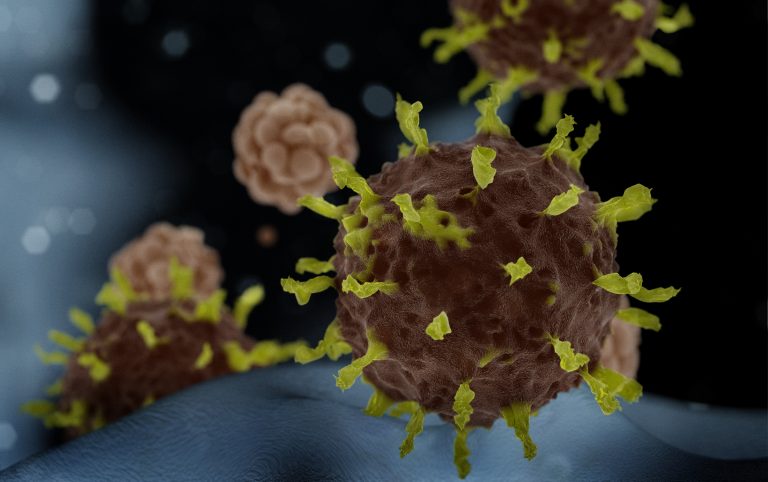
A protein produced by the human immune system can potently inhibit several corona viruses, including the one behind the current COVID-19 outbreak, an international team of investigators reports. Their research reveals that the LY6E protein impairs the coronavirus’ ability to initiate infection, which could lead to treatments for the illness.
There is tremendous interest in coronavirus now because a particular strain – COVID 19 has been spreading rapidly and causing significant mortality and morbidity. Over 100,000 cases have been reported worldwide and more than 4,000 people have died from the infection.
Mice lacking Ly6e (the mouse version of the gene) were highly susceptible to a usually nonlethal mouse coronavirus, the researchers reported in bioRxiv, an online preprint server that posts articles prior to peer review.
They report that “Ly6e directly protects primary B cells and dendritic cells from murine CoV infection. Our results demonstrate that LY6E is a critical antiviral immune effector that controls CoV infection and pathogenesis.”
Further, “Remarkably, this potent inhibitory effect carried over to all the coronaviruses we tested, including those responsible for the severe acute respiratory syndrome coronavirus (SARS-CoV) outbreak in 2003, the Middle East respiratory syndrome (MERS) coronavirus in 2012, and the recently emerged causative agent of COVID-19, known as SARS-CoV-2,” says John Schoggins PhD, an associate professor of microbiology at UT Southwestern Medical Center and one of three corresponding authors on the report.
This research began years ago when Schoggins was screening for antiviral genes and found that the LY6E gene unexpectedly enhanced the infectivity of the virus that causes flu. In 2017, Stephanie Pfaender, PhD, a postdoctoral researcher from the Swiss lab of Volker Thiel, PhD, one of the world’s leading experts on coronavirus biology, visited the Rice lab to use Schoggins’ screening technology to find genes that inhibit coronavirus. This led to the discovery that LY6E potently inhibited coronavirus.
“When we later learned that LY6E did the opposite with coronavirus – that is, it inhibited rather than enhanced infection – we were immediately intrigued, particularly because we had already developed an animal model to study the role of LY6E during viral infection,” Schoggins says. Thus, the Thiel and Rice labs began to further study the LY6E protein.
The team had worked for almost two years on its study before the current coronavirus outbreak. They had found that the LY6E protein inhibited other coronaviruses – the ones implicated in SARS and MERS – when the pathogen that causes COVID-19 came to the world’s attention in January.
In their current study, they show that interferon-inducible lymphocyte antigen 6 complex, locus E (LY6E) potently restricts cellular infection by multiple CoVs, including SARS-CoV, SARS-CoV-2, and Middle East respiratory syndrome coronavirus (MERS-CoV). Mechanistic studies revealed that LY6E inhibits CoV entry into cells by interfering with spike protein-mediated membrane fusion. Importantly, mice lacking Ly6e in hematopoietic cells were highly susceptible to murine CoV infection.






![AI Algorithm Could Reduce Breast Cancer Mammogram False Positive Rate The primary goal of the Paradigm Registry is to accelerate tumor profiling based on disease biology. [iStock/LilliDay]](https://www.insideprecisionmedicine.com/wp-content/uploads/2019/01/307-218x150.jpeg)






